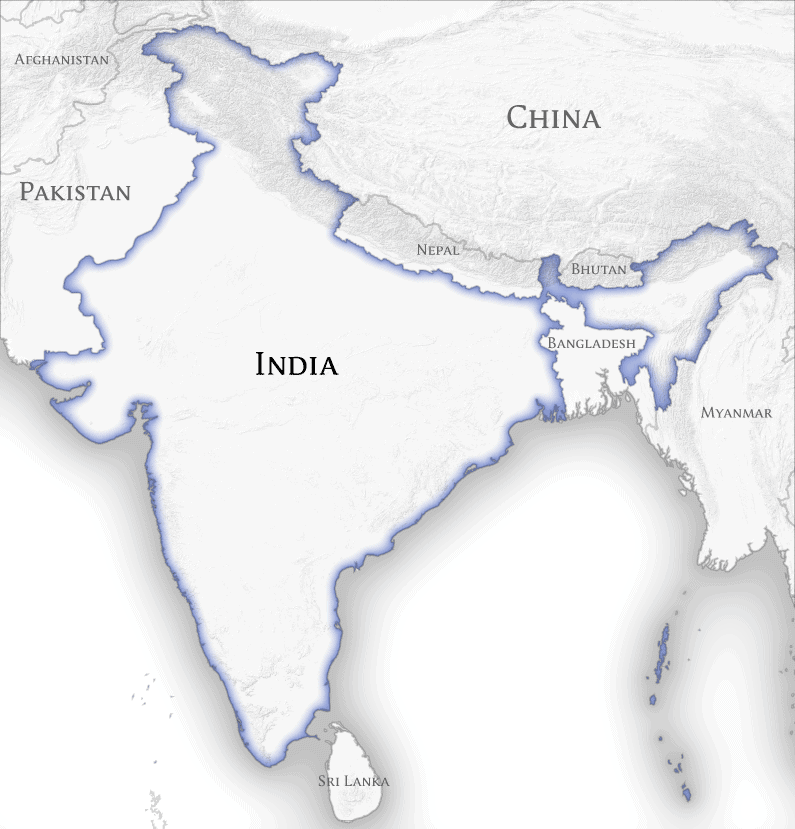Amending the General Financial Rules 2017, the Indian government restricts suppliers of border sharing countries from supplying goods and services on security grounds. Public Procurement Bidding toughened by the Indian government.
Bidders to Register with DPIIT for Public Procurement
The government has released a new order restricting the bidding by bidders from the countries sharing a land border with India. From now on, bidders can work public procurement if registered with the Registration Committee. The said the Department would constitute competent authority for Promotion of Industry and Internal Trade (DPIIT). The Finance Ministry declared that the bidders would require to take political and security clearance. The said clearance will be issued from the Ministry of External Affairs and Home as well.

The state governments will constitute separate competent authority for the same, while political and security clearance will remain necessary between the border countries. However, the Indian government has exempted the procurement of COVID medical supplies until December 31. Moreover, the relaxations have been given to neighbouring countries to which India extends lines of credit or provides development assistance. These border sharing countries include Bangladesh, Nepal, and Myanmar.
The order will lead to cancellation of tenders already invited of unregistered bidders; even if they crossed the first stage of evaluation. Overall, the evaluation process will start from the beginning. The order covers all the public sector banks, financial institutions, state-owned firms, and PPP projects receiving funds from the government. However, it does not apply to private sector procurement.
A Move Towards Atmanirbhar Bharat
The decision has come amid the push towards Atmanirbhar Bharat and the clash between the Indian and Chinese troops in Galway Valley. This is one of the many of the several moves of the Indian government for decreasing the dependence on China. Moreover, it has already cancelled railway and road tenders secured by Chinese companies along with barring 59 Chinese apps. Furthermore, power minister R.K Singh announced banning the import of solar equipment from Pakistan and China on the grounds of cybersecurity threats.
In all, Chinese investments and imports are facing intense scrutiny by India.